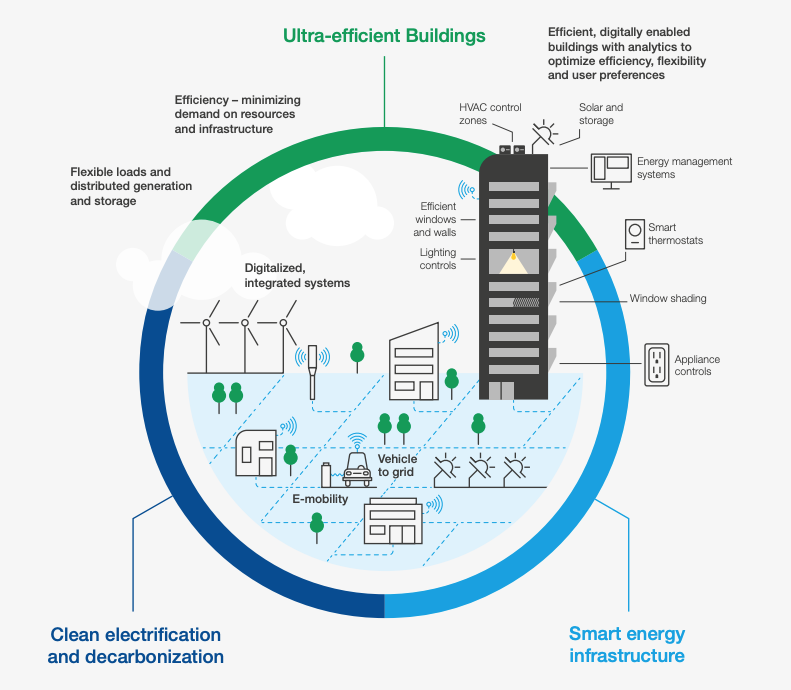Leaded petrol officially eliminated in 'milestone' for global health

The toxicity of Leaded petrol has been recognised since Roman times. Image: Unsplash/ Krzysztof Hepner

Get involved with our crowdsourced digital platform to deliver impact at scale
Stay up to date:
Future of the Environment
- The U.N. Environment Programme campaigned to end use of leaded petrol, which it says contaminates air, soil and drinking water.
- Now, it's been eliminated after the world's last remaining stocks were used up last month.
- Lead's toxicity has been recognised since Roman times, but began being added to gasoline in the early 1920s to make cars more powerful.
Leaded petrol has been eliminated after the world's last remaining stocks were used up last month, the U.N.'s Environment Programme (UNEP) said, after heading a 19-year campaign to end use of the poisonous substance that poses major health and environment risks.
Algeria, the only country still pumping leaded petrol into vehicles, exhausted its final stocks in July, UNEP said.
Effects of Leaded Petrol
The agency said the petrol contaminates air, soil and drinking water and can cause heart disease, stroke and cancer. Some studies have shown it harms brain development, especially in children.
UNEP worked with governments, businesses and civic groups to eradicate leaded petrol and said ending its use after a century marked a "huge milestone".
"Leaded fuel illustrates in a nutshell the kind of mistakes humanity has been making at every level of our societies," Inger Anderson, UNEP executive director, told journalists.
Those mistakes had driven climate change, pollution and a loss of biodiversity, she said, but the global response to lead in fuel shows that "humanity can learn from and fix mistakes that we've made".
Lead's toxicity has been recognised since Roman times. It nevertheless began being added to gasoline in the early 1920s to make cars more powerful, and from then on was used in all petrol globally until the 1970s when wealthier countries began phasing it out.
But in the early 2000s, 86 nations were still using leaded gasoline. The UNEP-led campaign was formed to help them move away from the fuel including by driving investment and overcoming concerns around prices, Anderson said.
UNEP warned, however, that the transport industry remained a driver of climate-warming emissions, and 1.2 billion vehicles were set to hit the road in the coming decades.
Antonio Guterres, U.N. Secretary General, said the elimination of leaded petrol showed what could be achieved via collaboration, and called for similar initiatives towards emissions-free transport and tackling climate change.
What is the Forum doing to help cities to reach a net-zero carbon future?
"We must now turn the same commitment to... create a world of peace that works with nature, not against it," he said in a pre-recorded video. (Reporting by Emma Rumney; Editing by Tim Cocks and Susan Fenton)
Don't miss any update on this topic
Create a free account and access your personalized content collection with our latest publications and analyses.
License and Republishing
World Economic Forum articles may be republished in accordance with the Creative Commons Attribution-NonCommercial-NoDerivatives 4.0 International Public License, and in accordance with our Terms of Use.
The views expressed in this article are those of the author alone and not the World Economic Forum.
Related topics:
The Agenda Weekly
A weekly update of the most important issues driving the global agenda
You can unsubscribe at any time using the link in our emails. For more details, review our privacy policy.
More on Future of the EnvironmentSee all
Johnny Wood
April 15, 2024
Johnny Wood
April 15, 2024
Lindsey Ricker and Hanh Nguyen
April 11, 2024
Simon Torkington
April 8, 2024
Victoria Masterson
April 4, 2024
Gareth Francis
April 3, 2024








